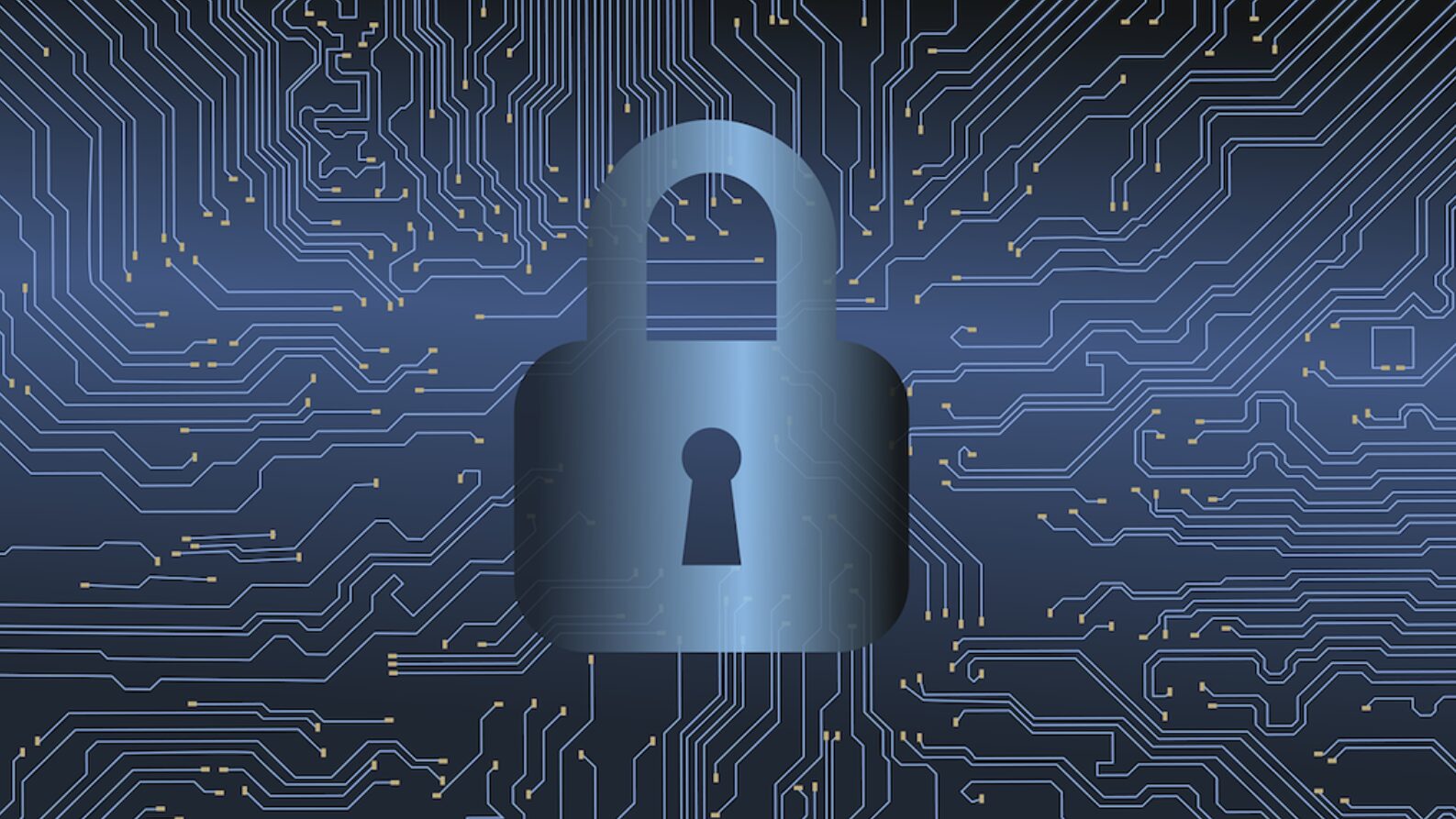
Safeguarding the Future: Understanding the Critical Importance of Blockchain Security
Introduction
As blockchain technology continues to revolutionize industries across the globe, its security remains a paramount concern. With the potential to transform finance, supply chain management, healthcare, and beyond, ensuring the integrity and confidentiality of blockchain networks is essential. In this article, we delve into the intricacies of blockchain security, exploring the challenges, best practices, and emerging trends shaping the safeguarding of decentralized ledgers.
At its core, blockchain security revolves around protecting data integrity, preventing unauthorized access, and mitigating the risk of fraud or manipulation. Unlike traditional centralized databases, which rely on a single point of control, blockchain networks distribute data across a decentralized network of nodes. This decentralized architecture enhances security by making it incredibly difficult for malicious actors to tamper with the data stored on the blockchain.
Key Components of Blockchain Security
Cryptographic Hash Functions: Blockchain transactions are secured using cryptographic hash functions, which generate unique identifiers for each block of data. These hashes ensure that any alterations to the data stored within a block are immediately detected, preserving the integrity of the blockchain.
Consensus Mechanisms: Consensus algorithms such as Proof of Work (PoW) and Proof of Stake (PoS) play a crucial role in ensuring the security and immutability of blockchain networks. By requiring network participants to reach a consensus on the validity of transactions, these mechanisms prevent the double-spending of digital assets and safeguard the integrity of the ledger.
Public-Key Cryptography: Public-key cryptography enables users to securely transact on blockchain networks by generating unique cryptographic key pairs. These keys, consisting of a public key for encryption and a private key for decryption, allow users to securely sign and verify transactions without revealing sensitive information.
Challenges in Blockchain Security
While blockchain technology offers robust security features, it is not immune to vulnerabilities and threats. Some of the key challenges facing blockchain security include:
Smart Contract Vulnerabilities: Smart contracts, self-executing code deployed on blockchain networks, are susceptible to coding errors and vulnerabilities. Exploiting these vulnerabilities can result in significant financial losses and compromise the integrity of decentralized applications (dApps).
51% Attacks: In Proof of Work (PoW) blockchains, 51% attacks occur when a single entity controls the majority of the network’s computing power. This concentration of hashing power enables the attacker to manipulate transactions, reverse transactions, or double-spend digital assets.
Regulatory Compliance: Regulatory compliance poses a challenge for blockchain projects operating in highly regulated industries such as finance and healthcare. Ensuring compliance with data protection laws, anti-money laundering (AML) regulations, and know-your-customer (KYC) requirements is essential for blockchain adoption.
Best Practices for Blockchain Security
To mitigate these challenges and enhance blockchain security, organizations and developers should implement the following best practices:
Code Audits and Security Reviews: Conduct regular audits and security reviews of smart contracts and blockchain applications to identify and remediate vulnerabilities.
Multi-Signature Wallets: Utilize multi-signature wallets, which require multiple private keys to authorize transactions, to enhance security and prevent unauthorized access to funds.
Network Monitoring and Threat Detection: Implement robust network monitoring tools and threat detection mechanisms to detect and respond to suspicious activity on blockchain networks.
Education and Training: Educate users and developers about blockchain security best practices, including the importance of securely managing cryptographic keys and adhering to secure coding standards.
Emerging Trends in Blockchain Security
As blockchain technology continues to evolve, several emerging trends are shaping the future of blockchain security:
Privacy-Enhancing Technologies: Innovations such as zero-knowledge proofs and homomorphic encryption are enhancing the privacy and confidentiality of blockchain transactions, enabling secure data sharing and confidential computing.
Decentralized Identity Solutions: Decentralized identity solutions are revolutionizing digital identity management by enabling users to maintain control over their personal data and securely authenticate themselves without relying on centralized authorities.
Quantum-Resistant Cryptography: With the emergence of quantum computing, there is a growing need for quantum-resistant cryptography to safeguard blockchain networks against quantum attacks. Researchers are exploring post-quantum cryptographic algorithms that can withstand the computational power of quantum computers.
Conclusion
In conclusion, blockchain security is a multifaceted challenge that requires a proactive approach to identify and mitigate potential risks. By leveraging cryptographic techniques, consensus mechanisms, and best practices, organizations can enhance the security and resilience of blockchain networks. As the technology continues to evolve, staying informed about emerging threats and adopting robust security measures will be essential to safeguarding the future of blockchain innovation.
Are you a beginner in the crypto world and seeking how to trade cryptocurrencies - Visit h2crypto.io
H2cryptO is one of the leading cryptocurrency exchange platforms, offering live 24/7/365 support.
If you are an advanced trader, H2cryptO offers charting capabilities with both market and limit orders.
Need to know more about why H2cryptO is the right exchange platform? Navigate to our help center page to learn more.
This blog post is for informational purposes only and, in no way, should be construed as investment advice.
